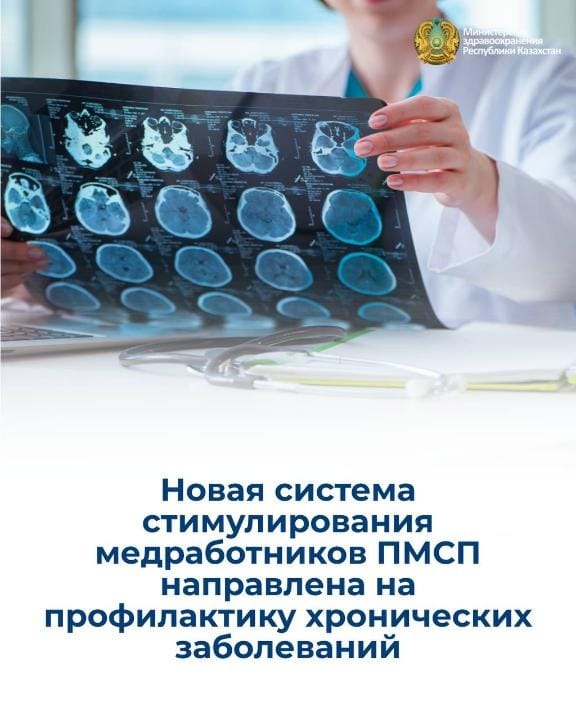The Ministry of Health of the Republic of Kazakhstan has introduced an updated system for the incentive component of the per capita financing standard aimed at motivating primary health care (PHC) medical workers.
Reasons for the changes
The need to improve the system is related to the specific working conditions of primary care physicians, their high psycho-emotional workload, and the growing role of noncommunicable disease (NCD) prevention.
It should be noted that the per capita financing standard was introduced in 2011 and had not been revised for a long time, which reduced its effectiveness as a motivational tool. In addition, between 2020 and 2024, the number of emergency hospitalizations due to NCDs increased by 2–4%, while expenditures on medical services rose by 600%.
New approaches
The main goal of the updated per capita financing standard is to strengthen preventive work through early detection and dynamic monitoring of patients, thereby reducing hospital admissions.
The newly developed indicators are fully automated, prevent a formal approach, and allow for an objective assessment of the effectiveness of local healthcare teams.
When work is performed with high quality, the incentive amount may reach up to 1.7 million KZT per quarter. Payments are intended for general practitioners, nurses, feldshers, as well as midwives working with pregnant women.
Point system
50 points (1 point = 4.5 MCI) — for comprehensive dynamic monitoring of patients with cardiovascular diseases and diabetes;
25 points — for early detection of chronic diseases and preconception health improvement of women;
Bonuses (1 bonus = 5 MCI) — for identifying cases of cancer and tuberculosis.
Expected outcomes
The introduction of the new system will:
reduce the number of NCD-related complications and emergency hospitalizations;
improve the quality of preventive care;
strengthen cooperation between doctors and the population;
increase public satisfaction with the healthcare system.
The new measures will serve as an effective incentive for primary care professionals and ensure long-term impact in the fight against chronic diseases.


